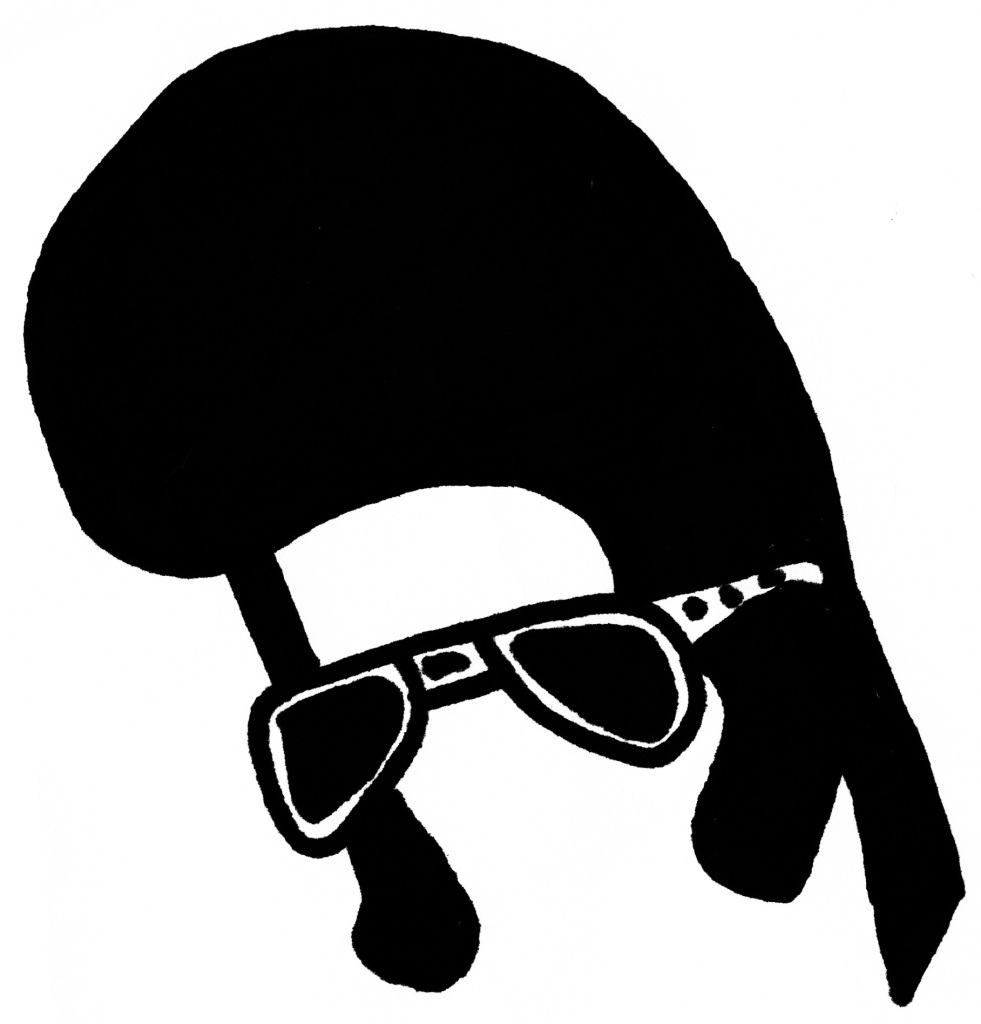1. Barbie – Greta Gerwig’s hot-pink meta daydream combines the bubbly pop feminism of Legally Blonde with the movie-magic artifice of The Wizard of Oz to craft the modern ideal of wide-appeal Hollywood filmmaking. It’s fantastic, an instant classic.
2. Enys Men – In a year where the buzziest horror titles were slow-cinema abstractions (see: Skinamarink, The Outwaters), Mark Jenkins’s sophomore feature was our clear favorite. More like an imagistic poem about loneliness and isolation than a “movie,” Enys Men is the psychedelic meltdown of id at the bottom of a deep well of communal grief. It restructures the seaside ghost story of John Carpenter’s The Fog through the methodical unraveling of Chantal Akerman’s Jeanne Dielman, dredging up something that’s at once eerily familiar & wholly unique.
3. Poor Things – Yorgos Lanthimos has always poked at assumed social norms as if they were a corpse he found in the woods. That naive interrogation has never been as scientifically thorough nor as wickedly fun as it is here, though, to the point where he’s articulated the entire human experience through repurposed dead flesh. We love everything about this perverse Frankenstein story: every outrageous set & costume design, every grotesque CG creature that toddles in the background, every one of Mark Ruffalo’s man-baby tantrums and, of course, every moment of Emma Stone’s central performance as an unhinged goblin child.
4. Asteroid City – A new contender for one of Wes Anderson’s strongest works. In The French Dispatch, he self-assessed how his fussy live-action New Yorker cartoons function as populist entertainment. Here, that self-assessment peers inward, shifting to their function as emotional Trojan horses. It has more layers of reality upon fiction upon more fiction upon reality than The Matrix, with gorgeous set design and an incredible cast of actors giving career-best performances.
5. The Royal Hotel – Kitty Green’s service industry thriller plays like a slightly more grounded version of Alex Garland’s Men, except the men in question swarm their victims like George Romero zombie hordes. A great film about misogyny, social pressure, and alcoholic stupor.
6. Smoking Causes Coughing – An anthology horror comedy disguised as a Power Rangers parody, Smoking Causes Coughing is another bizarro knockout from Quentin Dupieux (director of Rubber, Mandibles, and previous Movie of the Year pick Deerskin). Apparently antsy about having to spend 70min on just one absurdist premise, Dupieux’s now chopping them up into bite-sized, 7-minute morsels, which is great, since every impulse he has is hilariously idiotic.
7. Teenage Mutant Ninja Turtles: Mutant Mayhem – Not only the best Ninja Turtles movie in thirty years, but also the best mutation of the Spider-Verse animation aesthetic to date and the most a Trent Reznor score has actually sounded like Trent Reznor’s band. We were particularly delighted that it leans into the “teen” portion of its title by making everything as gross as possible and by making the turtles’ ultimate goal Saving Prom.
8. M3GAN – Finally, a modern killer doll movie where the doll actually moves, a huge relief after spending so many years staring at the inanimate Annabelle. M3GAN loves to move; she does TikTok dances, she actively hunts her prey and, most importantly, she never turns down an opportunity to give Michelle Pfeiffer-level side-eye. It’s been a long time since this first hit theaters, but the increasing, insidious popularity of A.I. among tech bros kept it on our minds all year. What a doll.
9. Infinity Pool – There certainly hasn’t been a shortage of “Eat the Rich” satires recently, but Brandon Cronenberg’s entry in the genre still stands out in its extremity. Not only does it have Mia Goth’s most deranged performance to date (no small feat), but it’s also more willing than its competition to push its onscreen depravity past the point of good taste for darkly comic, cathartic release – careful to put every substance the human body can discharge on full, loving display. Plenty audiences were turned off by its disregard for subtlety & restraint, but that’s exactly what makes it great.
10. Priscilla – Sofia Coppola’s downers & cocktails antidote to Baz Luhrmann’s brain-poison uppers in last year’s Elvis. Technically, both directors are just playing the hits in their respective Graceland biopics, but only one of them successfully recaptures the magic of their 1990s masterworks. It’s one of Coppola’s best films about the boredom & isolation of feminine youth, which by default makes it one of her best overall.
Read Alli’s picks here.
Read Boomer’s picks here.
Read Brandon’s picks here.
Read Britnee’s picks here.
See Hanna’s picks here.
Hear James’s picks here.
-The Swampflix Crew











